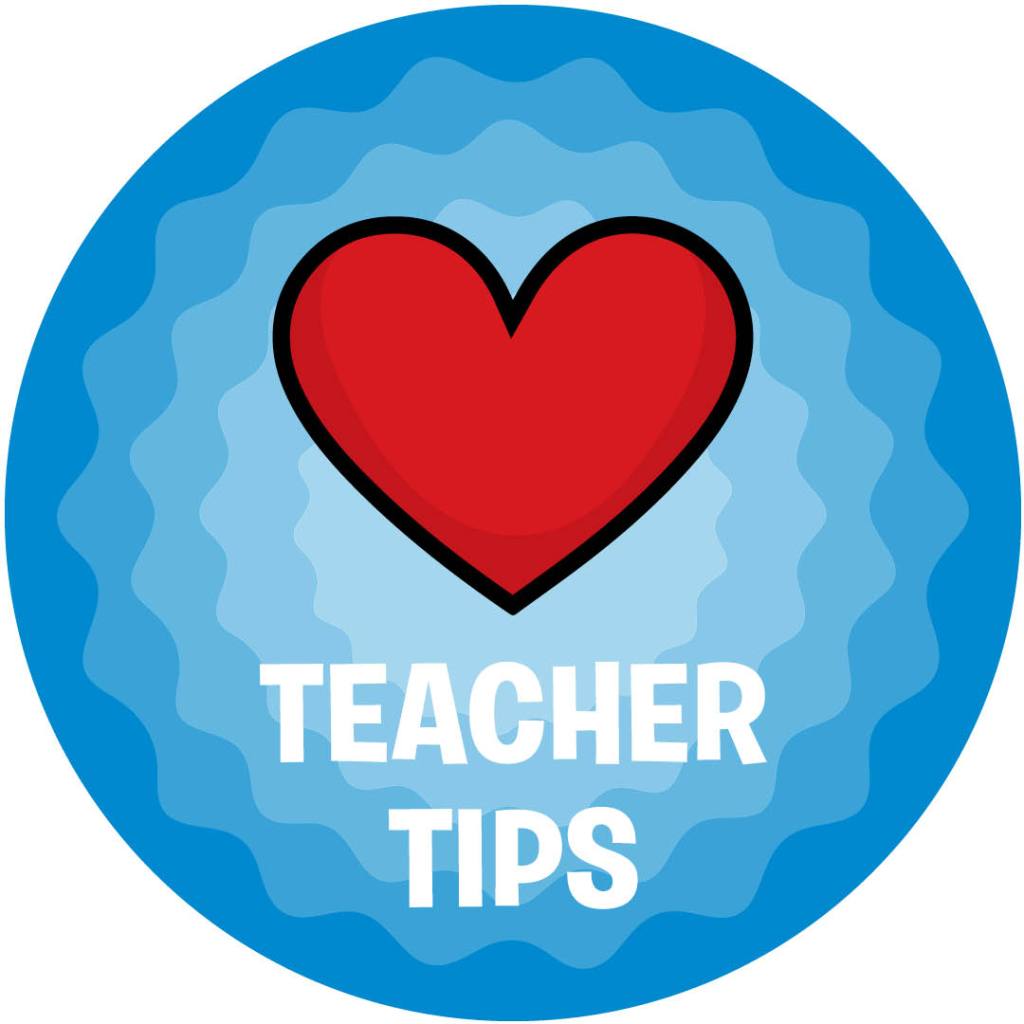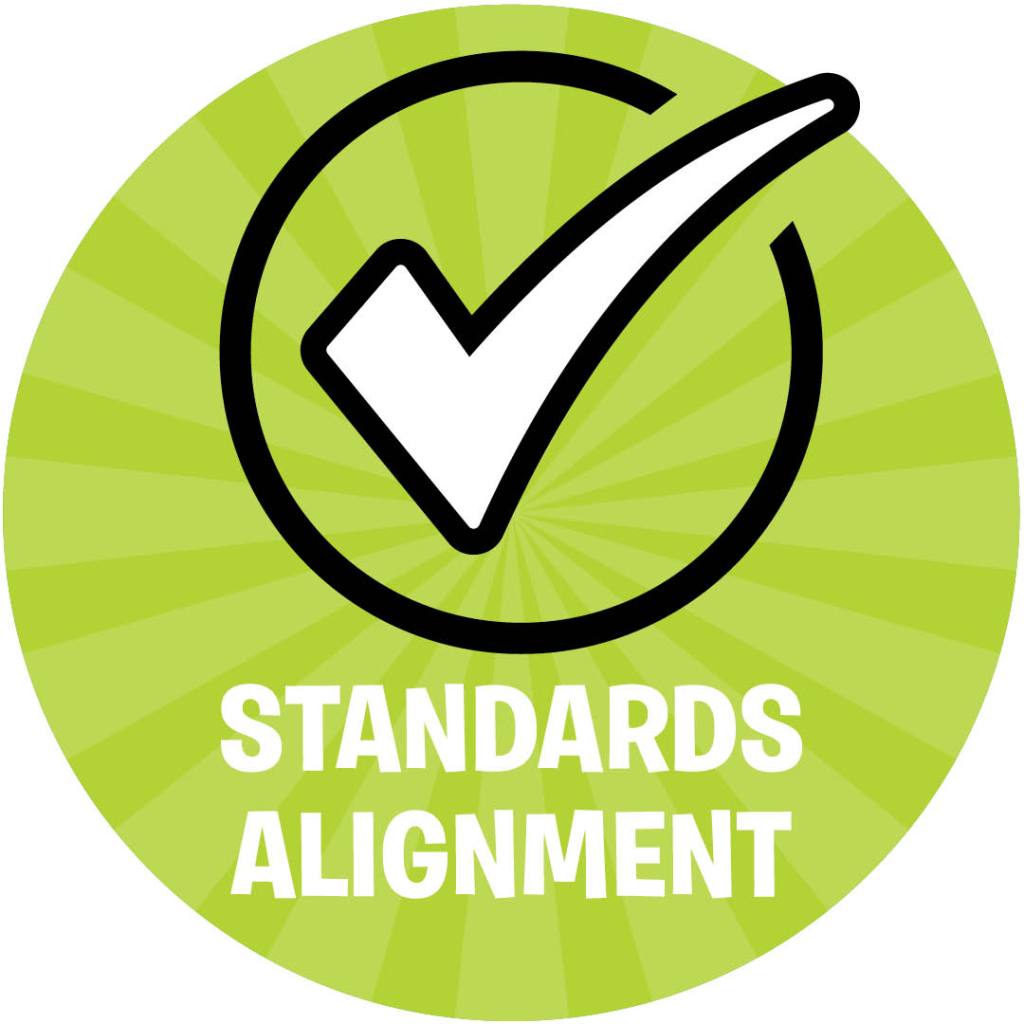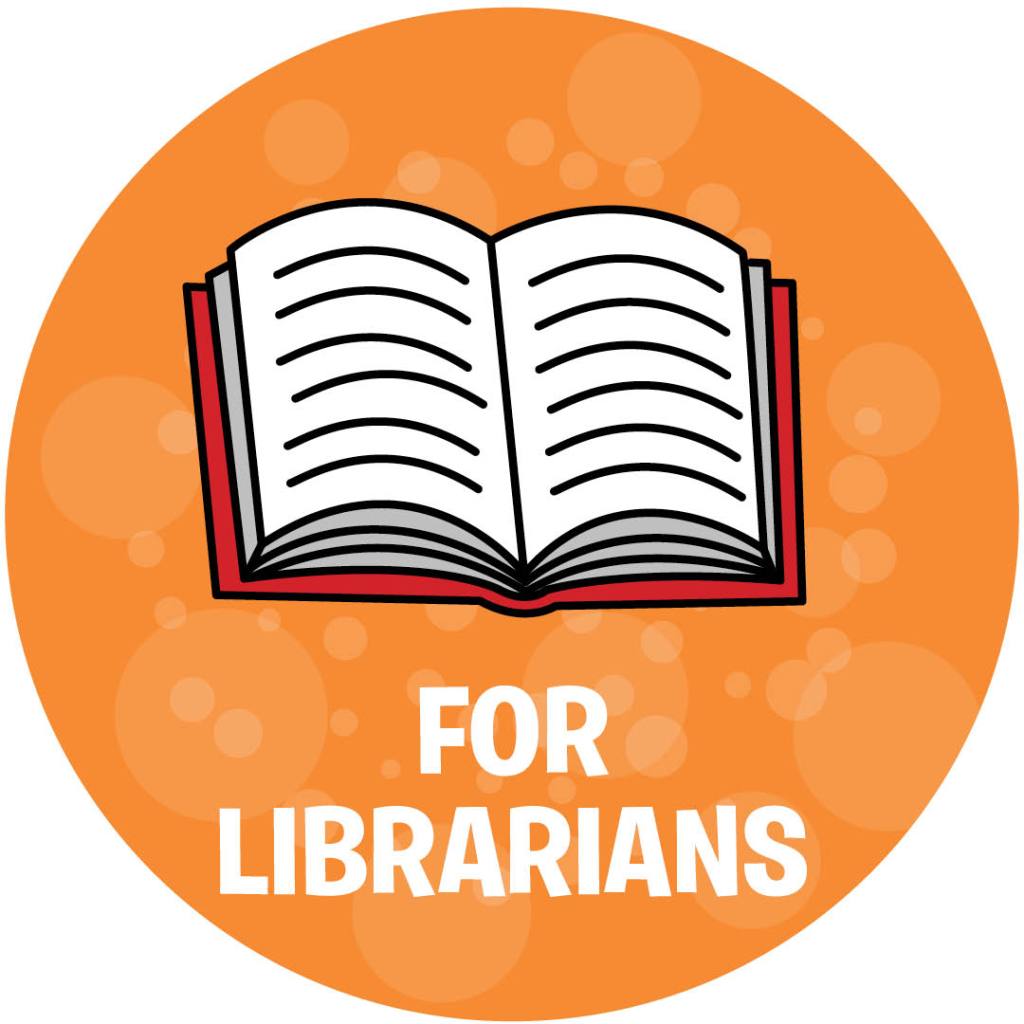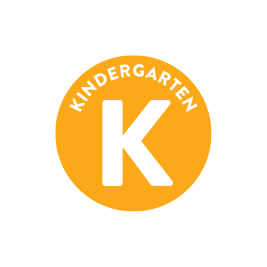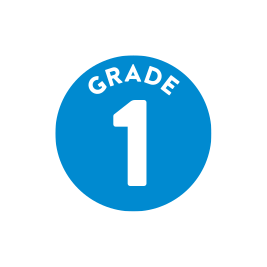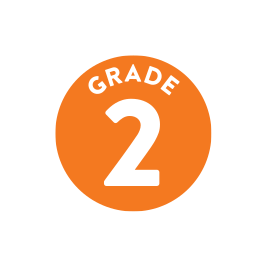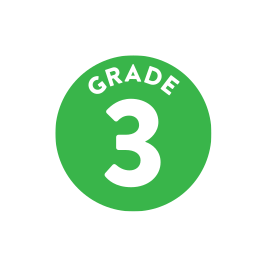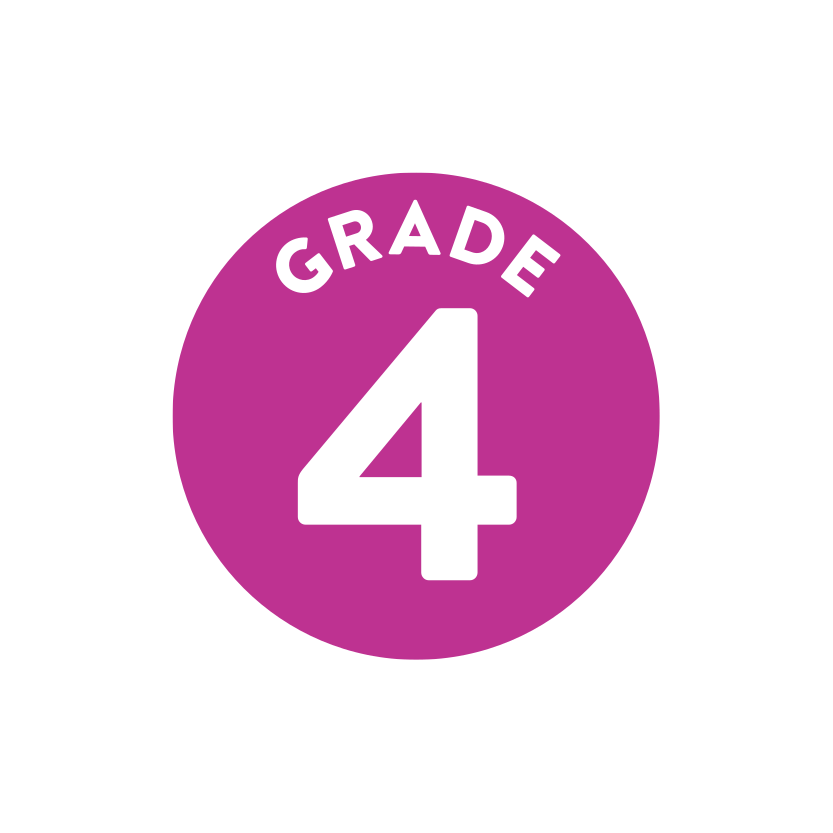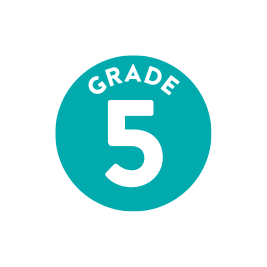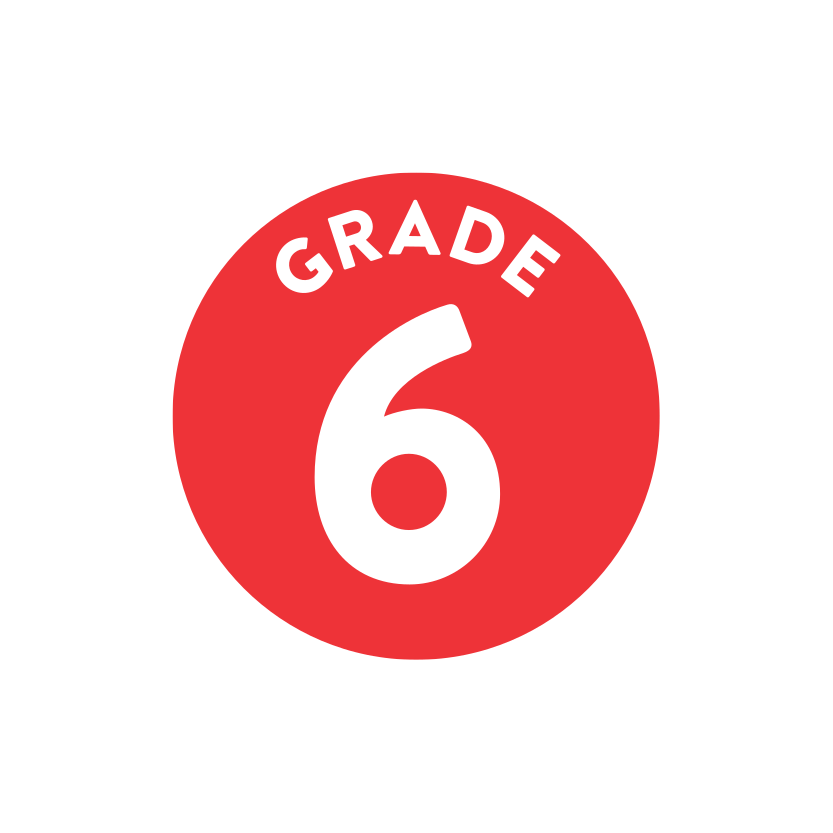Brain Quest – Educators


Brain Quest resources range from skill-building board books for toddlers through workbooks for older kids, plus fun Q&A in the Brain Quest Smart Cards for ages 2 through 99. Brain Quest is written to mirror grade-level curriculum, and it can be used as a supplemental tool to teach, review, enrich, and assess key grade-level content.

Student Choice
Brain Quest covers the main curricular topics in each grade including Literacy, Math, Science, Social Studies, and Technology. Provide students with the opportunity to choose a topic to answer questions about or complete a workbook activity to give them more control over their learning. Giving students agency over their learning promotes engagement, creativity, and curiosity.
Differentiated Learning
Because there are Smart Card questions in multiple categories on each card, you can find something on the card for each student whether they need a stretch question or a confidence boost. Within each workbook, content increases in difficulty allowing you to support learners at their individual levels. Consider using a lower grade-level workbook for Smart Cards deck for who need extra support and higher grade-level workbooks and Smart Cards as enrichment opportunities for kids who are ready for a challenge.
Make the Most of Transition Times
Whenever you have a few spare minutes—maybe it’s too early to leave for gym or it’s 3 minutes before dismissal—use Brain Quest Smart Cards to add a little more learning to the day. Use any method (popsicle sticks, line order, etc.) to choose one student at a time to answer a question from a card deck. Guide students to use hand signals to indicate “I knew the answer too!” or “Good job!” to keep the activity focused. Invite children to line up once they’ve answered a question.
Social Emotional Learning
In pairs, use Brain Quest Smart Cards to practice taking turns, helping others, and being gracious partners. For larger groups, create a group trivia game. Separate the learners into groups with one spokesperson per group. Guide students to practice being thoughtful and helpful team members, as well as learning patience and maintaining a growth mindset for themselves and their teammates.

Center Time
Designate a Brain Quest center or “fast finishers” option filled with Brain Quest Smart Cards. Create individual score cards on which students can record the number of questions they answered correctly and keep track of which cards they’ve already completed.
Spelling Bee
Create a trivia contest using the format of a spelling bee. Have the class stand and ask each student a question from the Brain Quest Smart Cards. When students answer incorrectly and sit, keep them engaged by challenging them to write down the answers for the questions being asked to those still playing.
Write and Wipe
Choose Brain Quest workbook pages that align with current teaching topics. Laminate the pages and provide dry erase markers. Use these pages as a write on/wipe off activity.
Question of the Day
Share one question from the Brain Quest Smart Cards at the same time each day, like when students enter the classroom in the morning or after lunch. To extend this to a writing activity, display the question and have students answer individually along with an explanation of their thinking.
Field Trips
For those times when the school bus is late or you arrive at the museum an hour before it opens, always pack Smart Cards in your field trip backpack. Keep kids safe and focused with an impromptu game!





Karen Watson, MSEd
Director of Cranbrook Schools’ Early Childhood Center in Bloomfield Hills, Michigan. She holds a BA in American Culture from the Honors College at the University of Michigan, and a MSEd in Early Childhood and Childhood Education from Bank Street College in New York City. Karen had the opportunity to train and support early career educators in under-resourced public and public charter schools in Detroit through her work with Teach For America, and previously both taught and worked in admissions at City & Country School, a historically significant, progressive school in Greenwich Village.

Carey Swanson
Designer at Student Achievement Partners with a focus on literacy. Projects I support center around the work of learning to read, as well as immersive literacy experiences with texts and topics that reflect and affirm students’ identities and expand their knowledge of the world around them.

Susannah Richards, Ph.D.
Associate professor of education at Eastern Connecticut State University. She earned a PhD in Educational Psychology/Gifted Education from the University of Connecticut. She was a member of the 2013 John Newbery Award Committee, 2017 Geisel Committee, and other book award committees. She regularly presents on books and book-ish topics at international, national and state conferences including ILA, NCTE, AASL, NCSS and NSTA .

Brooke Newberry MS Library Science
Early Literacy Librarian for La Crosse Public Library (La Crosse, WI). She currently teaches a course dedicated to serving babies in the library, served as chair for the Early Childhood Programs and Services Committee for the Association of Library Services to Children (ALSC), and co-wrote the Collaborative Summer Library Program Early Literacy Manual for three years.

Bulk Sales
Workman books are available at special discounts when purchased in bulk for premiums and sales promotions as well as for fundraising or educational use. Special editions or book excerpts can also be created to specification. For details, please contact specialmarkets@hbgusa.com.


